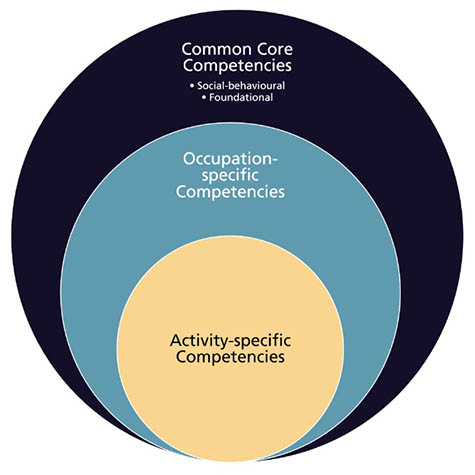Researching community engagement practice

Category
RESEARCHThis evidence review was commissioned as part of the Joint Research Programme project ‘Working Together to Adapt to a Changing Climate: Flood and Coast’ (2018 to 2021). The project was a response to concerns about the increasing likelihood of flooding and coastal erosion as a result of climate change and the possibility that some places will not be protected in the longer term. Adapting to climate change is at the heart of the new Flood and Coastal Erosion Risk Management Strategy for England. Evidence from the project will contribute towards its aim of creating climate resilient places.
The project produced new learning about, and enhanced guidance for, community engagement practice in situations where engagement might be particularly challenging. This review of evidence was commissioned primarily to inform the design and delivery in the next phase of the project of an innovative community engagement programme in two locations facing difficult adaptation choices. However, it was also intended to be useful to practitioners, policymakers and academics working on flood and coastal erosion risk management (FCERM) and/or climate adaptation.
The evidence review report reviews what is known about engagement practice in situations where long-term protection may not be feasible. It first considers the existing body of research and guidance on engagement produced by risk management authorities to establish whether, or to what extent, this already provides insight into ‘tricky engagement’. It was found that there is considerable knowledge in general about the characteristics of good engagement practice and about common challenges or barriers to engagement. Risk management authorities have produced limited, but still useful, evidence relating to cases involving difficult and longer term adaptation choices. The key questions are how risk management authorities are using the knowledge they already have about engagement practice, and where there might be gaps in dissemination and training. The report then considers the significant interdisciplinary and international research literature related to FCERM, climate adaptation and community engagement. This supports the exploration of issues that are either under-represented or underdeveloped within the risk management authority literature base, including research on place attachment, the emotional aspects of living with environmental change, and the politics of knowledge in FCERM policy and practice.



